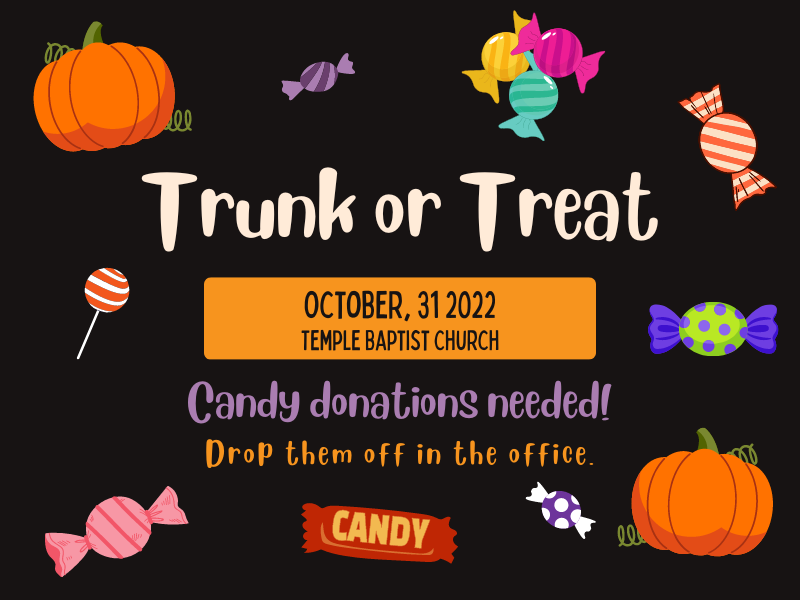
Throughout the Old Testament, we see a steady pattern prophesied and then displayed among the Israelites—they stray from God, recognize their failings, and return. Stray, recognize, return. Over and over, God’s people give themselves over to sin and the practices of the pagan religions they encounter, often for generations at a time, until they are made aware of their sinful deeds and their lack of obedience. Eventually, God calls them back to himself, and they return to God and his statutes. This return could also be called repentance. The Israelites acknowledge their sin, ask for forgiveness, and then begin living in alignment with God’s commands once again.
This pattern is familiar to the Christ-follower today. We go through what we may call “mountain tops and valleys”, or even “spiritual droughts”. Times where we feel no connection to God or desire for him whatsoever. These times of distance are not the fault of God, however. They are often a result of our own lack of discipline or our apathy. Of course God feels distant when your prayer life is nonexistent, and you haven’t opened your Bible in weeks. Our flesh leads us away from these practices, often to self-serving habits instead, and we must acknowledge where sin has crept in and created the ever-growing chasm we sense between us and our Creator. We must repent of that which we have chased after instead of Christ, and begin pursuing a better way.
Read Luke 3:1-18
John the Baptist prepared the way for the work and ministry of Jesus by “proclaiming a baptism of repentance for the forgiveness of sins” (v. 3). This process of repentance is necessary and important to God, and it is especially important as we face the current crisis and challenges consuming our communities. Are our hearts ready to proclaim the good news of the Gospel to a world that is desperate for peace, perhaps more so now than it has been in quite a while?
Spend some time in honest prayer today. If you know the sins that have been weighing you down, repent of those in prayer. Acknowledge your shortcomings and declare to God that his ways are greater and you desire to follow them. Ask for His help in living in such a way that glorifies Him and serves others. If you are unsure of what to pray for, ask the Holy Spirit to reveal your blind spots to you. Be willing to wait and listen. You may even feel prompted to confess sin, which is biblical and encouraged, but often uncomfortable. Discuss with a friend or family what you’ve been struggling with and where you feel God leading you to make any necessary changes.
One of the greatest disadvantages we can create for ourselves is to step out on the mission field with a heart full of secret sin that we’ve been ignoring. The days and weeks ahead hold uncertainty, yes, but also opportunity to serve in ways like never before. Social distancing is physical, not emotional or relational–we are not meant to bottle up all of our failures and shortcomings. Your sin is real, your struggles are real, but they are not the end. They are not going to stop the Spirit from working in and through you in the trials that lie ahead. We will all say or do the wrong thing many times before this pandemic is over, but God’s purpose and plan will be accomplished regardless. We ask for the strength and conviction to live rightly and take hold of every opportunity the Spirit grants us over the next few weeks.
“And when all these things come upon you, the blessing and the
Deuteronomy 30:1-3
curse, which I have set before you, and you call them to mind
among all the nations where the Lord your God has driven you,
and return to the Lord Your God, you and your children, and obey
his voice in all that I command you today, with all your heart and
with all your soul, then the Lord your God will restore your
fortunes and have mercy on you, and he will gather you again
from all the peoples where the Lord your God has scattered you.”
Photo by Aaron Burden on Unsplash

